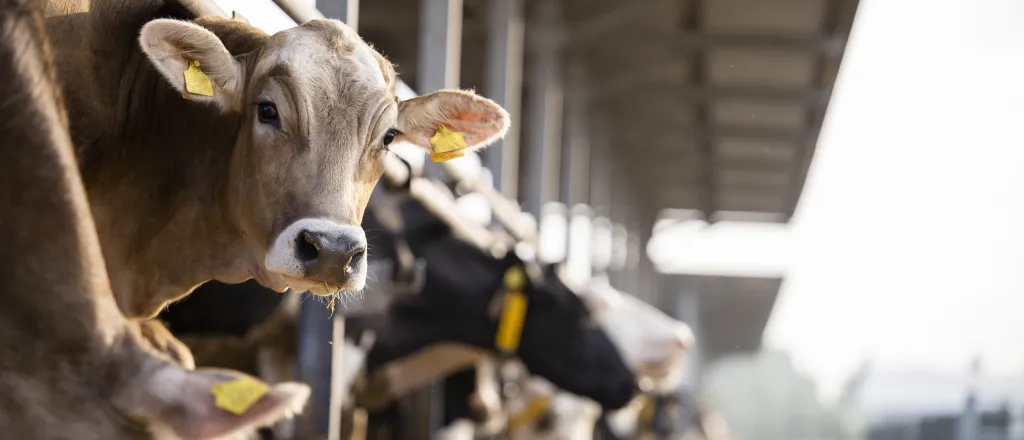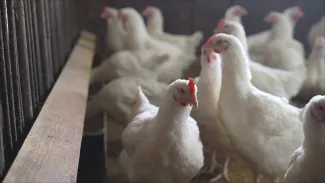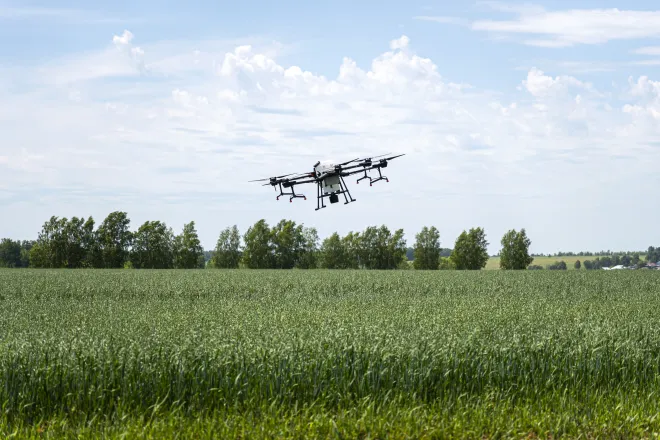
Opponents of factory farms regroup after mixed election results
© Smederevac - iStock-1470677566
Click play to listen to this article.
Animal rights organizers are regrouping after mixed results at the ballot box in November.
In California, measure targeting factory farms passed in Berkeley but failed in Sonoma County.
In Colorado, Measure J, to ban concentrated animal-feeding operations, only got 15 percent of the vote and Ordinance 309 to ban slaughterhouses failed in Denver.

© Ruslan Sidorov - iStock-1197330374
Cassie King, an organizer with the Coalition to End Factory Farming, helped raise $280,000 to promote the ban in Sonoma County, even as opponents raised $2.2 million.
"We learned that money and the ability to lie during political campaigns is a very powerful combination of factors to be up against," King asserted. "I was shocked by the amount of misinformation that came out from the No on J campaign, just statistics that had no basis in reality."
Measure DD in Berkeley passed but is mostly symbolic since the only existing concentrated animal feeding operation, a horse racing operation called Golden Gate Fields, closed last June.
King stressed win or lose, the measures went a long way toward raising public awareness of the pollution and animal welfare issues at large factory farms.
"It's a test case, and whether it wins or loses, it's generating tens of thousands of conversations in the county and many more beyond," King contended. "And making the end of factory farming visible for a lot of people who haven't realized that it's something we can achieve in our lifetimes."
The "No on J" campaign and opponents of the Denver slaughterhouse ordinance argued the bans would have hurt jobs and tax revenue.
This story is based on original reporting by Seth Millstein for Sentient.

















